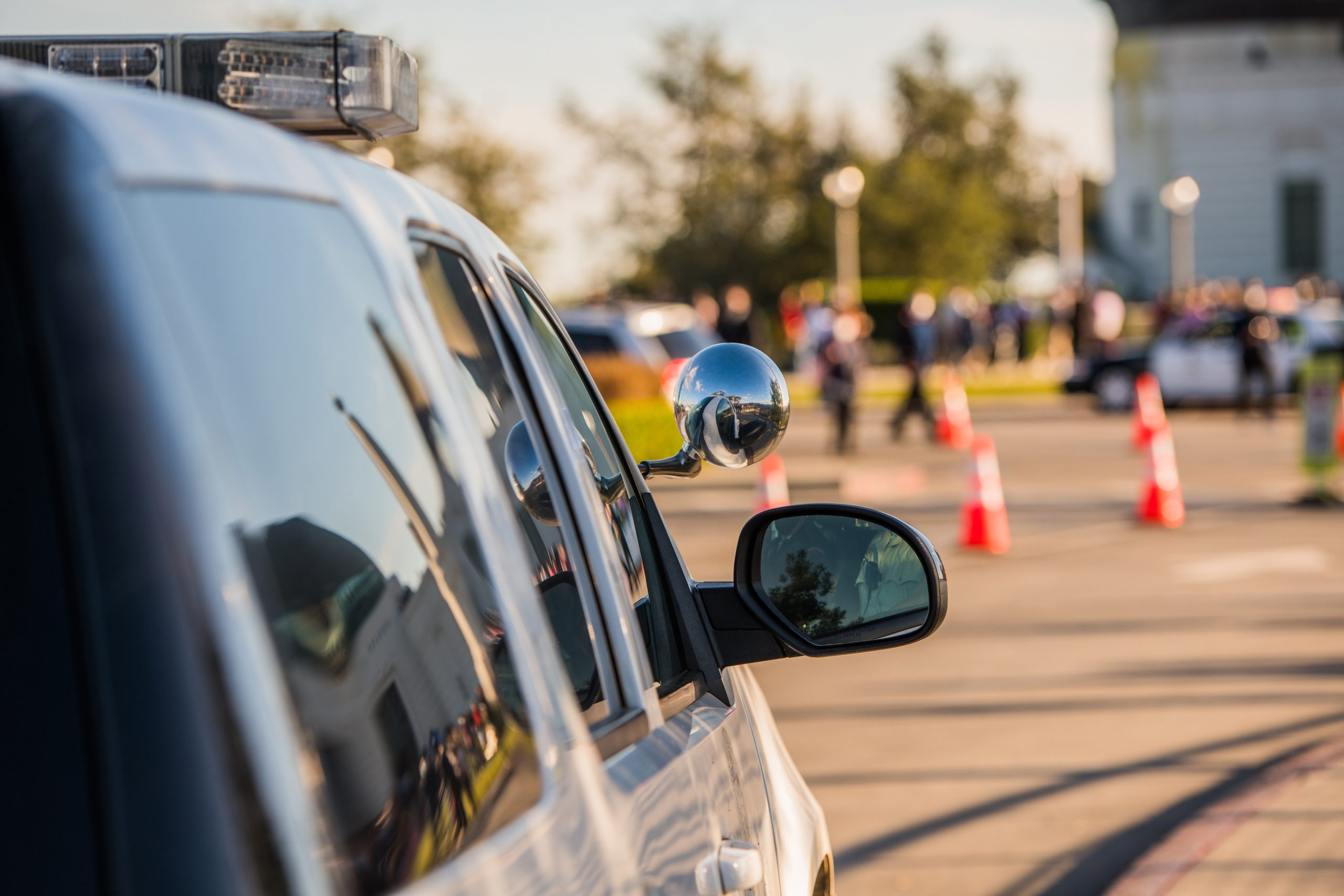Why is event security important?
Events are an important part of our lives. They can be anything from a small gathering of friends to a large festival with thousands of attendees. But with the increase in events, the need for event security has become paramount. Event security is the process of protecting an event and its attendees from potential harm. In this blog post, we will explore the importance of event security and some of the measures that can be taken to ensure the safety of all involved.

Why is event security important?
The primary reason for event security is to ensure the safety and well-being of attendees, staff, and performers. A security breach can quickly turn an enjoyable event into a dangerous one. Events are often high-profile, making them an attractive target for those who wish to cause harm or disruption.
Furthermore, events can present a variety of challenges to security personnel. Large crowds, limited access points, and diverse groups of people all present unique challenges that require specialized training and expertise. Effective event security requires a comprehensive approach that involves planning, communication, and risk management.
What are the key components of event security?
There are several key components of effective event security. These include:
- Risk assessment: Before any event takes place, a thorough risk assessment must be conducted to identify potential threats and vulnerabilities. This will help event organizers and security personnel to develop a plan that addresses these risks and ensures the safety of all involved.
- Access control: Access control measures are used to limit the number of people who can enter a venue or specific areas within it. This can include security checkpoints, ID verification, and bag searches. Access control measures are important for preventing unauthorized access and ensuring that only authorized individuals are allowed into restricted areas.
- Crowd management: Large crowds can pose a significant risk, and effective crowd management is essential to maintain order and prevent overcrowding. This can involve the use of barriers, signage, and trained personnel to direct crowds and manage flow.
- Surveillance: Surveillance technology such as CCTV cameras, drones, and other monitoring equipment can be used to provide real-time visibility of the event and detect potential security threats.
- Emergency response: Even with the best planning and preparation, emergencies can still occur. A comprehensive emergency response plan is necessary to ensure a swift and effective response to any emergency situation, including medical emergencies, fires, and other security incidents.
Conclusion
Event security is a critical component of any successful event. By taking a comprehensive approach that includes risk assessment, access control, crowd management, surveillance, and emergency response planning, event organizers can help ensure the safety and well-being of all attendees, staff, and performers. Effective event security requires a high level of expertise and experience, and it is essential to work with trained professionals to develop and implement an effective security plan. With proper planning and preparation, event organizers can help ensure that their events are safe, enjoyable, and successful.
